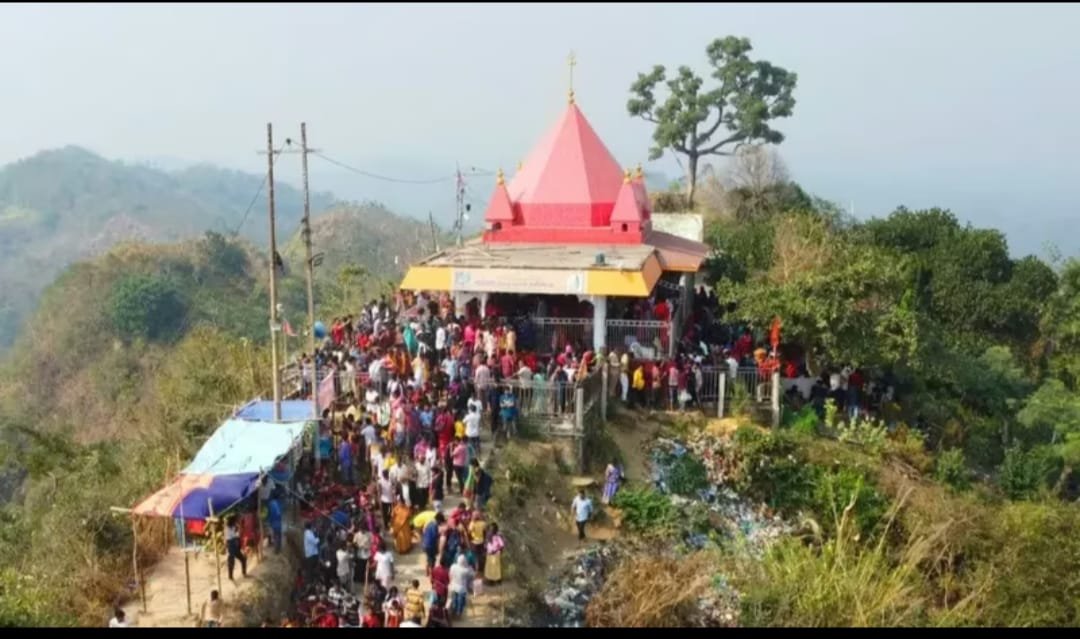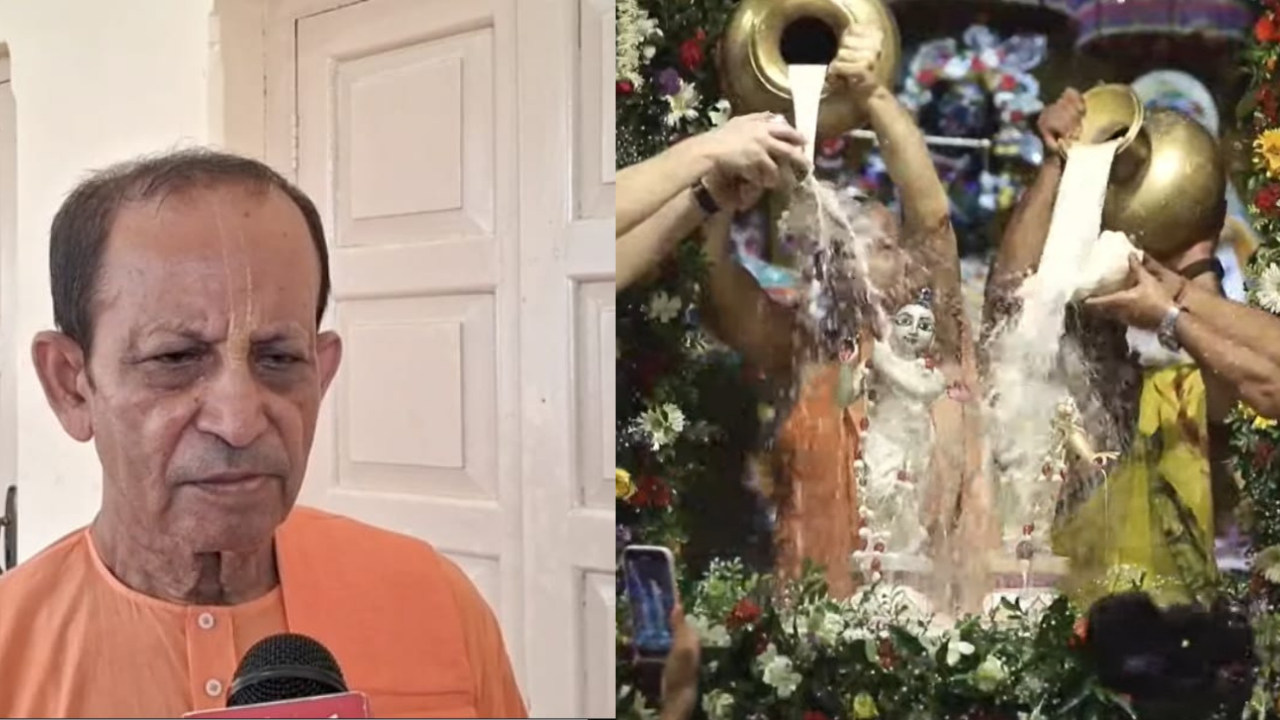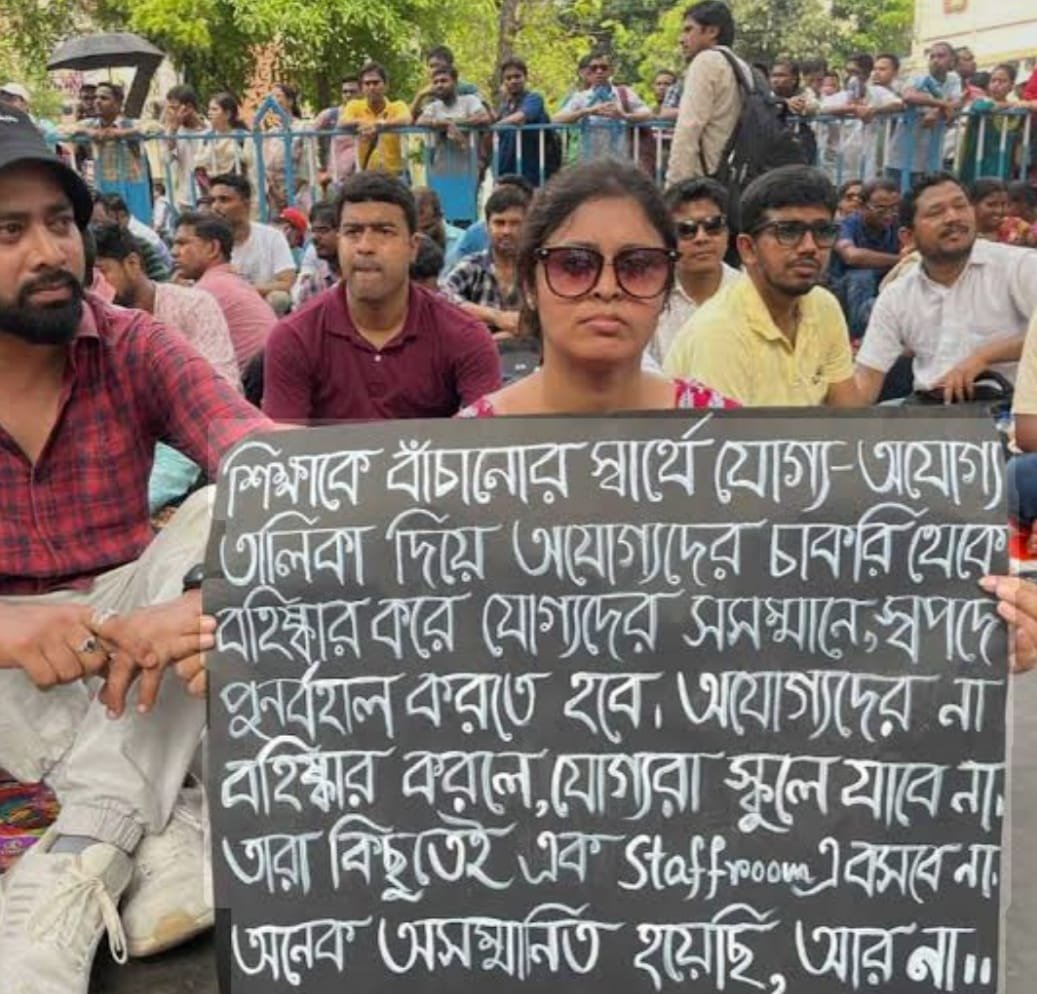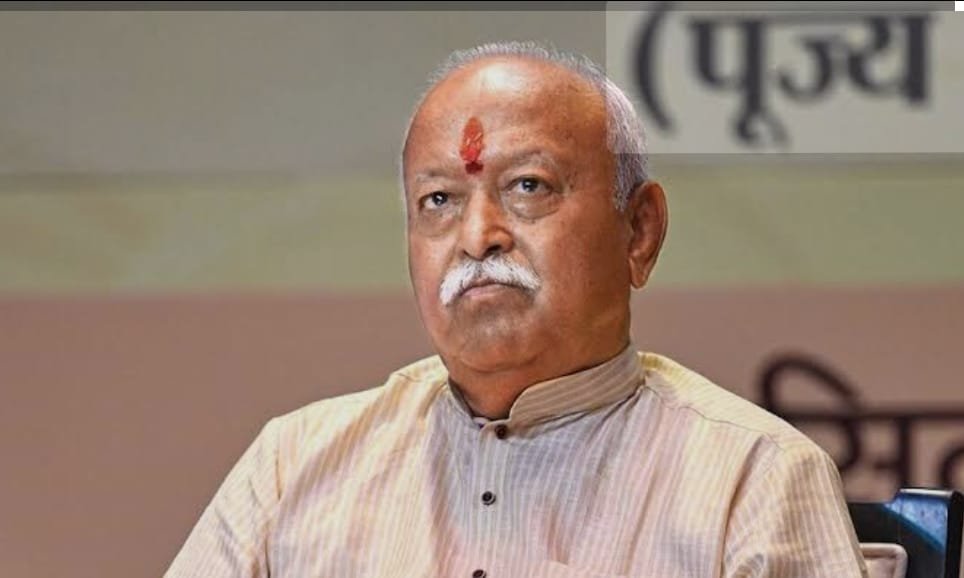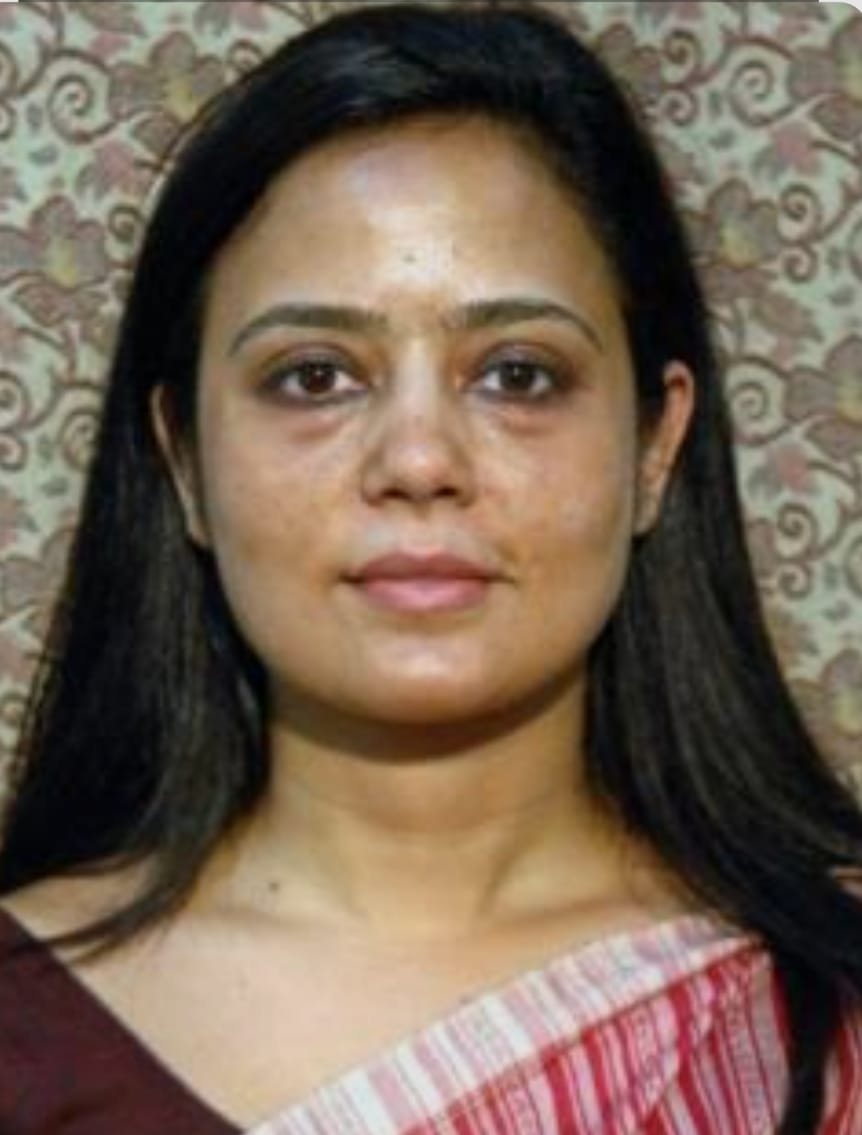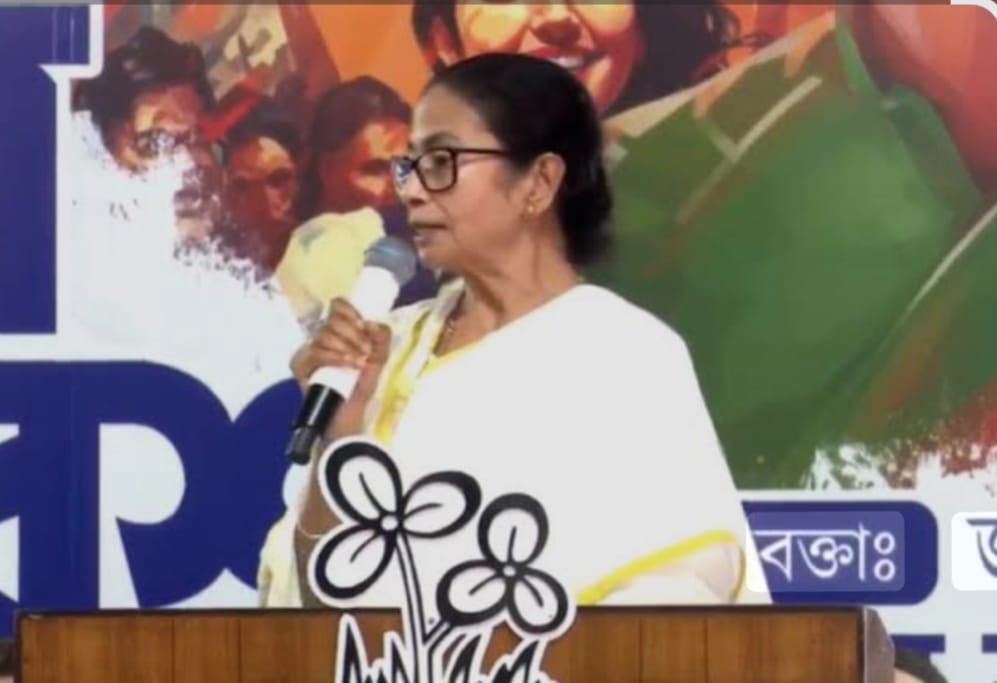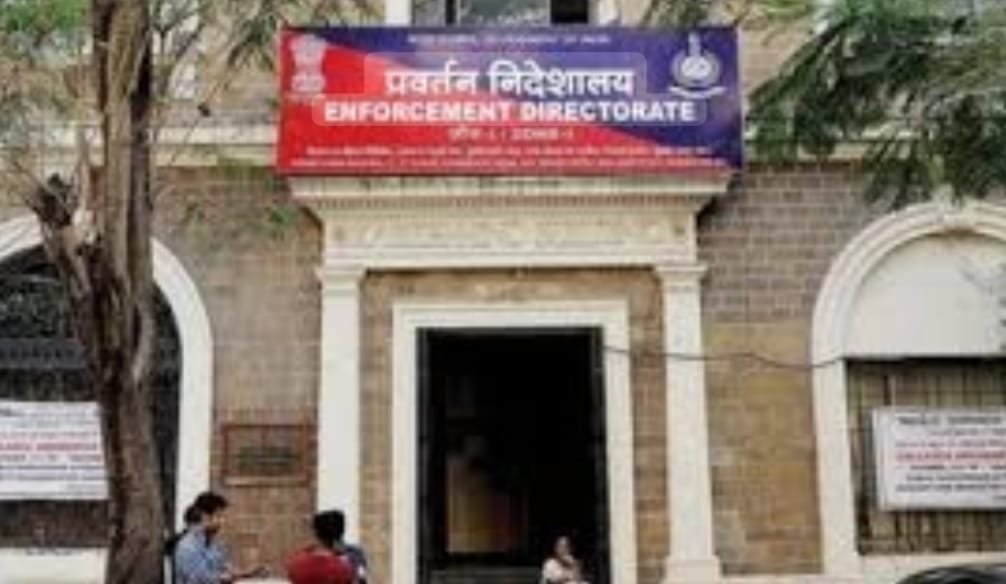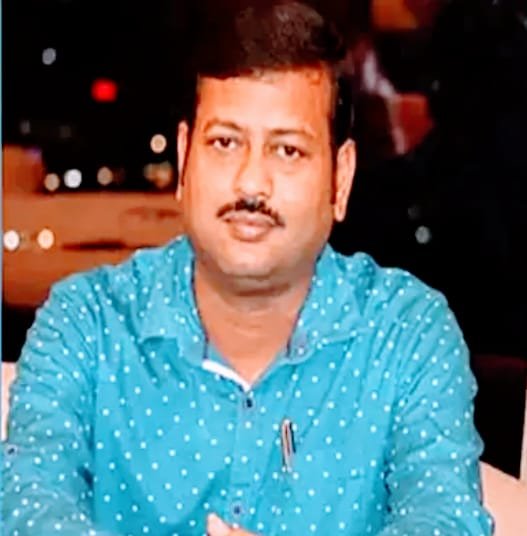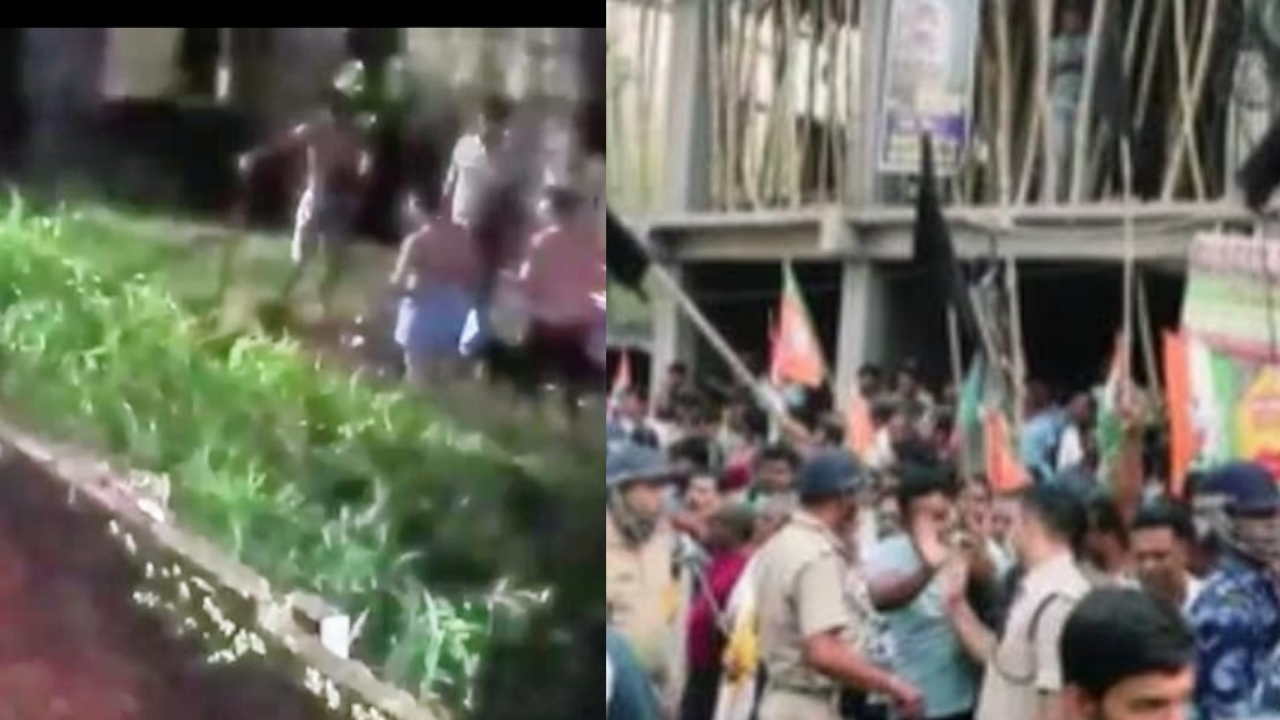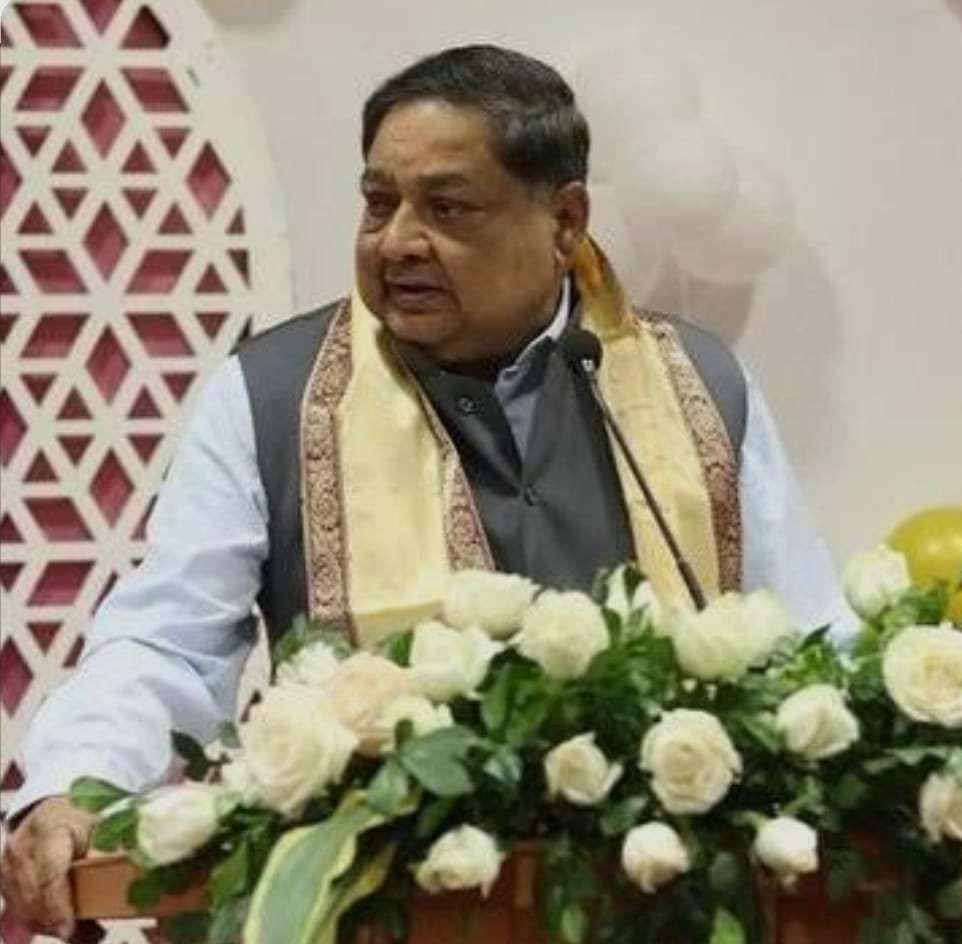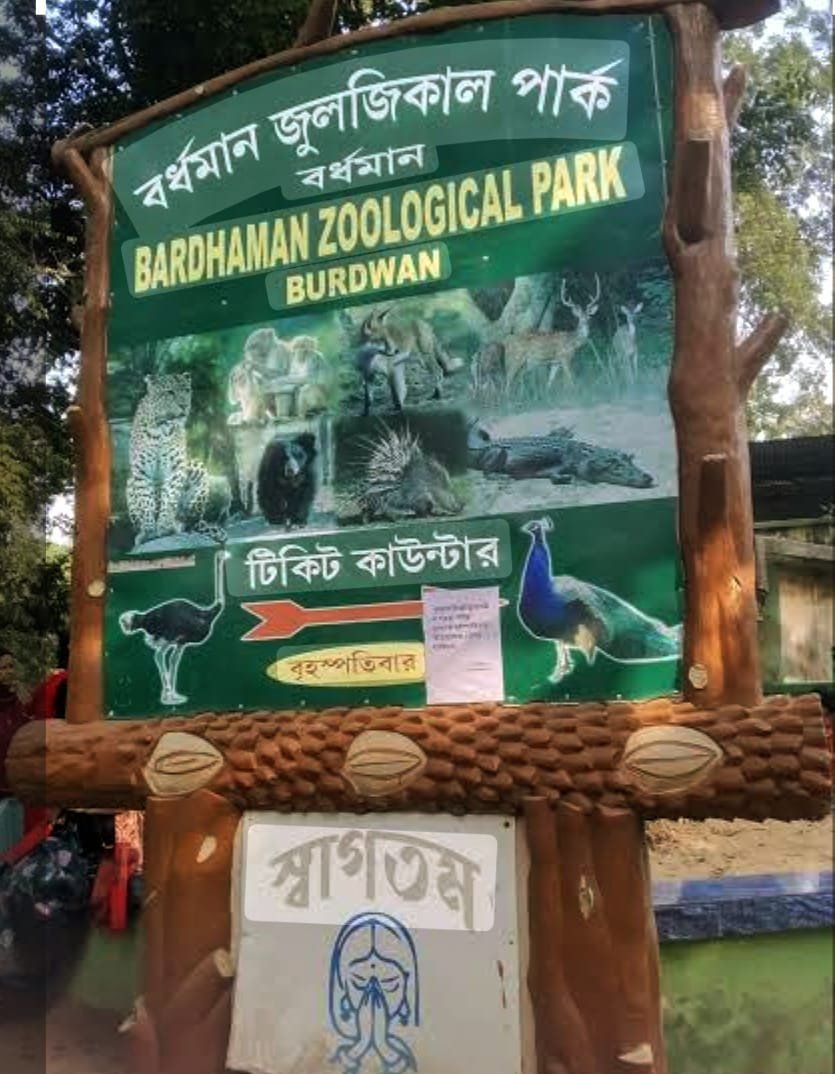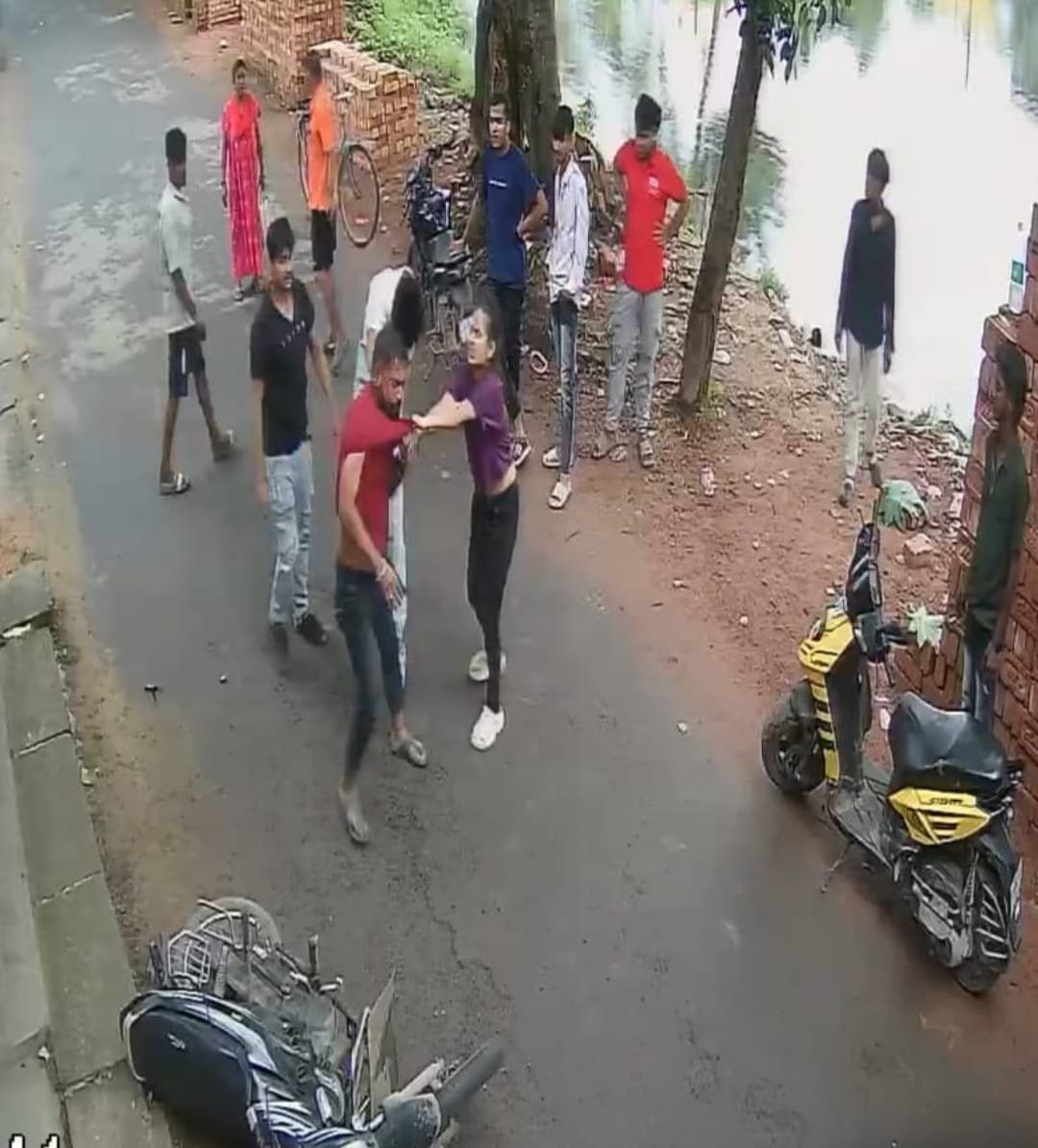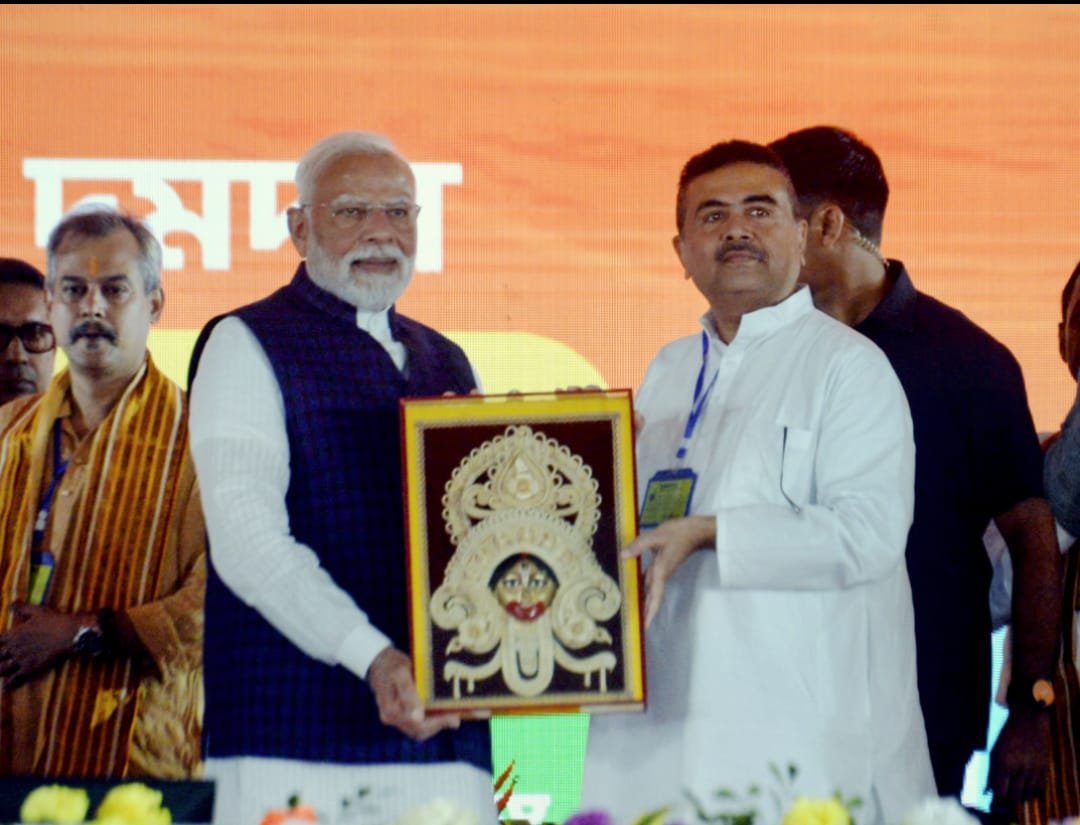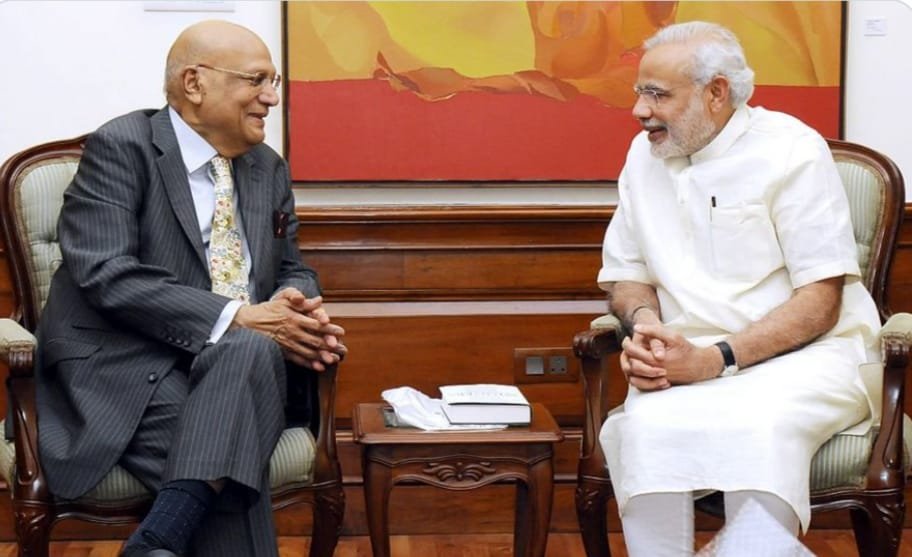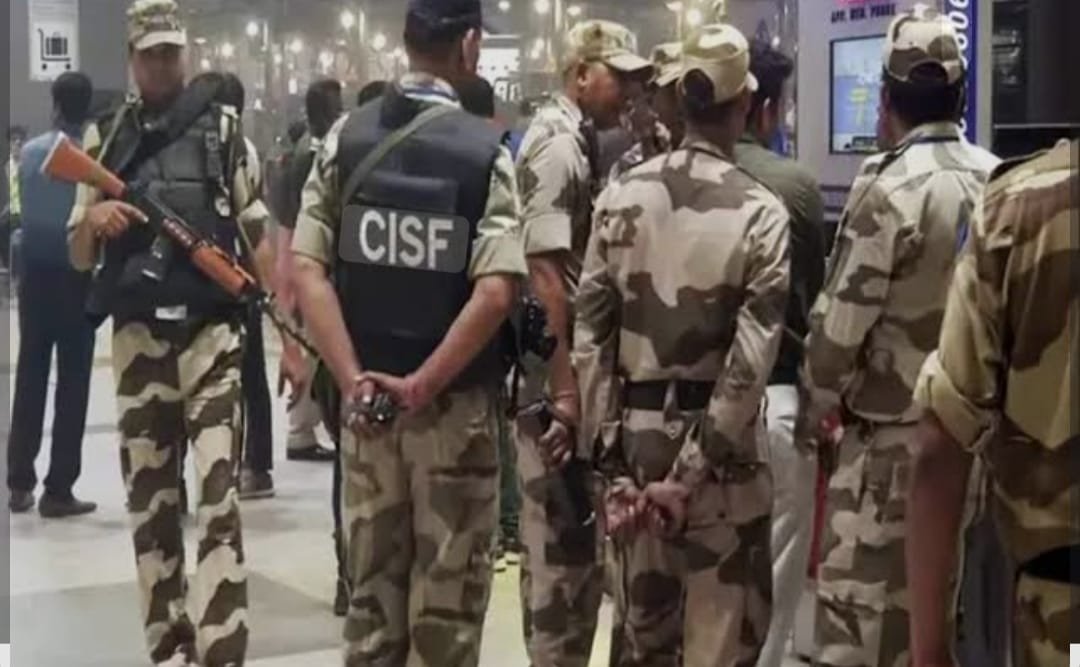Chattogram, Bangladesh – Authorities in Bangladesh have denied granting permission for the construction of a mosque on Chandranath Hill in Sitakunda, a site that is home to one of the subcontinent’s most sacred Hindu pilgrimage destinations.
In a statement issued on Sunday, August 17, Sitakunda Upazila Executive Officer Mohammad Fakhrul Islam said a viral social media post claiming that a mosque was being built near the Chandranath Temple was “misleading” and “without basis.”
“As soon as the post came to our attention, law enforcement agencies and intelligence units were instructed to closely monitor the matter and take necessary action,” the statement read. It further clarified that no individual or group has formally approached the administration seeking approval for mosque construction in the area.
Chandranath Hill, located in Chattogram’s Sitakunda upazila, is revered as a holy site by Hindu devotees from across South Asia. Pilgrims visit year-round to worship at temples dedicated to Lord Shiva and other deities.
Local officials, including police officers, shrine committee members, and forest department staff, inspected the site on Sunday and reported no evidence of mosque construction. “We assure our Hindu community that no approval has been given for building a mosque at Chandranath Temple premises,” the administration said.
The statement also warned against attempts to use social media to spread “rumours, propaganda, or disinformation” aimed at disturbing communal harmony. Legal action will be taken against those seeking to incite tensions, the administration cautioned.
Sitakunda is often held up as an example of religious coexistence in Bangladesh, where Muslims, Hindus, Buddhists, and Christians have lived peacefully for generations. “The people of Sitakunda deeply respect the beliefs and sentiments associated with Chandranath Temple,” the statement said.
The announcement comes after a series of Facebook posts alleging mosque construction near the temple went viral, triggering concerns among local Hindu devotees. By publicly clarifying the situation, authorities said they hoped to preserve peace and reassure communities that no such project had been authorised.

